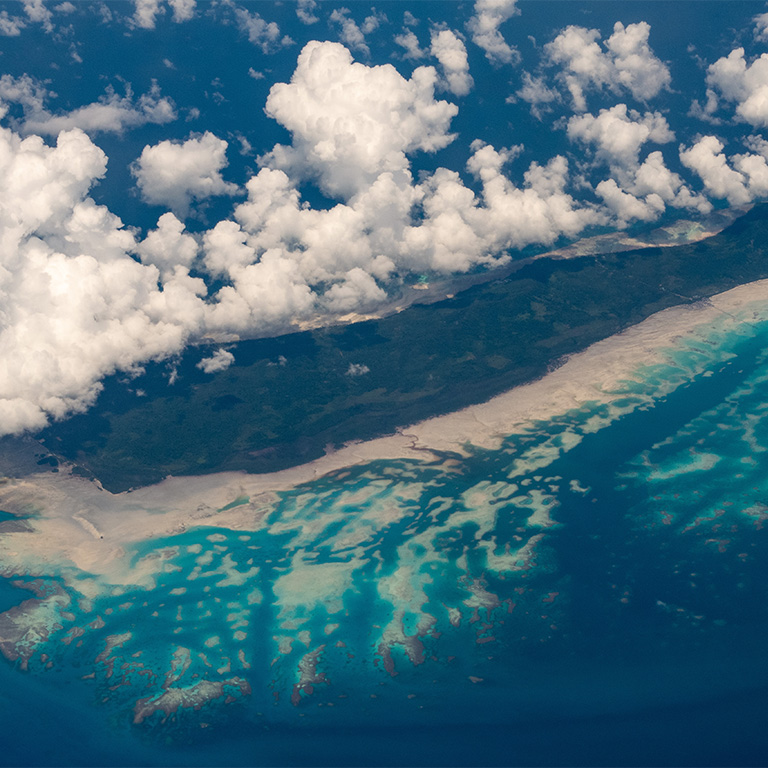The governments of Malaysia and Indonesia are facing both external influences and internal confrontations. Chinese military and economic outreach may lead to unexpected outcomes in terms of political dissent and policy predictability. Ineffective restrictions and a slow vaccine rollout will likely increase mistrust of institutions, resulting in harsher responses to the actions of foreign partners, as authorities seek to regain popular consensus.
China’s territorial claims in the South China Sea conflict with Indonesia’s claim to the Natuna Islands, to the extent that in 2017, Indonesia named the waters to the northeast of the islands the “North Natuna Sea” – serving to strengthen its sovereignty over the area. Since then, there has been an increasing risk of controlled confrontation between both countries, concerning Chinese coast guard and fishing vessels, and their Indonesian counterparts.
The Sulawesi Sea also serves as a theatre for dispute — in this case, between Indonesia and Malaysia, over maritime boundaries relating to the oil-rich Ambalat block. Despite the tensions, the robust relations between both indicate that the risk of escalation to armed conflict is low.
There remains discord between the Indonesian government’s stance on China, and pockets of the Indonesian populace. Protests of the perceived mistreatment of the Uyghur people in Xinjiang have been widespread in Indonesia. This is juxtaposed with the policy prescription of the government, as China’s vaccine diplomacy has created political cooperation between both countries. Around 90% of the vaccines disseminated in Indonesia have been made by the Beijing-based biopharmaceutical company Sinovac, while China has also become the prominent supplier of personal protective equipment for the country.

